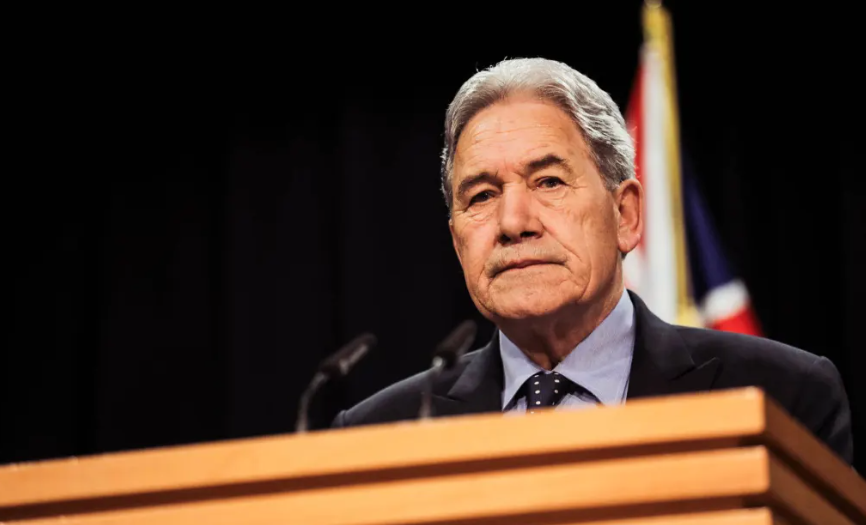
When Winston Peters first arrived in Parliament in 1979 it was in a blaze of media coverage thanks to having launched a successful electoral petition. As he rose through the ranks of the National Party he became a skilled media operator, carefully cultivating contacts and launching scandals calculated to boost his profile. It worked, as Peters attained Cabinet rank when National returned to power.
Things turned sour, Peters was sent to the back benches, and he had to turn to the media once more to gain the oxygen of publicity for his new political party, New Zealand First.
The following 30 years have been chequered ones for the relationship between Peters and the media. At the same time as he craves coverage for his political agenda, Peters routinely attacks the messenger.
His tactics have changed over time; what were once acerbic attempts to put an interviewer off their stride — a technique more than a few politicians utilise — they are now often blatant attacks on media outlets, or individual interviewers.
Most political reporters have a Winston story in their repertoire: it is almost a rite of passage for a young journalist to endure the New Zealand First leader having a go at them.
This is not always the case: in a long-form interview (usually for print), where Peters can be afforded the time to express himself and his views, he can be cogent, informative and even entertaining.
But when dealing with time-constrained electronic media in particular, Peters’ hackles are quick to rise. Radio New Zealand in particular seems to irritate him into regular ire: a succession of Morning Report and Checkpoint presenters, notably Kim Hill and Guyon Espiner, have had infamous on-air stoushes with him.
On Wednesday, Corin Dann joined that club when Peters attacked the presenter for his question line, before berating RNZ, saying: "You’re paid for by the taxpayer and sooner or later we’re going to cut that water off too, because you’re an abuse on the taxpayer."
Interpreted the only way it could be, as a threat to the state-owned broadcaster’s funding, it inspired the prime minister’s comment: he was no doubt delighted to be in London and to have a legitimate claim that he had not heard it.
Coming from any Cabinet minister such a comment would be inexcusable, and in this instance being made by the deputy prime minister even more so. He almost certainly will not, but Peters should resile from his quote.
In his defence however, Mr Peters was being interviewed as New Zealand First leader about an NZ First Member’s Bill, so it can be argued that in this context he was wearing a different hat.

It was inspired by a recent United Kingdom court decision along those lines, albeit in a different legal context to a long-held NZ First policy position on this matter. The party believes it is defending the rights and status of women: others believe that the policy is a targeted attack on transgender people.
New Zealand aspires to be an inclusive and tolerant society and has numerous anti-discrimination laws on its books, notably the Human Rights Act and the Bill of Rights Act. Should the NZ First Bill ever make it to its first reading, numerous questions will be asked about whether it is needed at all, and what its actual purpose is.
Many of those will come from opposition parties, and NZ First will need to answer them. In his Wednesday interview, Dann sought to explore some of the counter arguments that would be raised in any healthy debate.
Peters was wrong to claim they were acts of an "arrogant wokester loser", as he later did on social media. As Dann said, he was putting up likely counter arguments for Peters to respond to.
As Peters did, and "a rather Winston way of communicating" has entered the lexicon.
Peters will need to come up with more compelling grounds for his policy than that if he is to convince New Zealanders that this is a necessary law change rather than an unfair attack on a minority group.












